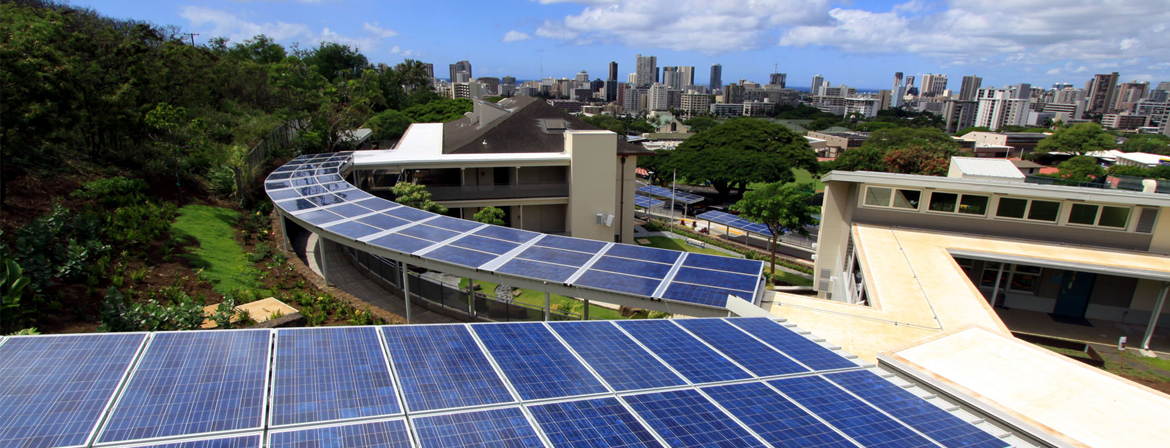Effecting Durable Change: A Team Approach to Improve Environmental Behavior in the Household
Staats, H., Harland, P., & Wilke, H. (2004). Effecting Durable Change: A Team Approach to Improve Environmental Behavior in the Household. Environment and Behavior, 36(3), 341-367.
A Longitudinal Study of Informational Interventions to Save Energy in an Office Building
Staats, H., van-Leeuwen, E., & Wit, A. (2000). A longitudinal study of informational interventions to save energy in an office building. Journal of Applied Behavior Analysis, 33, 1, 101-104.
Behavioural Responses to Climate Change: Asymmetry of Intentions and Impacts
Whitmarsh, L. (2009, March). Behavioural responses to climate change: Asymmetry of intentions and impacts. Journal of Environmental Psychology, 29(1), 13-23.
Energy Conservation Behavior: The Difficult Path from Information to Action
Costanzo, M., Archer, D., Aronson, E., & Pettigrew, T. (1986). Energy conservation behavior: The difficult path from information to action. American Psychologist, 41, 5, 521-528.
Reducing Residential Electrical Energy Use: Payments, Information and Feedback
Hayes, S. C., & Cone, J. D. (1977). Reducing residential electrical energy use: Payments, information and feedback. Journal of Applied Behavior Analysis, 10, 3, 425-435.
A Social Psychological Perspective on Energy Conservation in Residential Buildings
Langmeyer, L. (1984). A social psychological perspective on energy conservation in residential buildings. American Psychologist, 39, 7, 810-811.
Promoting Energy Conservation in University Dormitories by Physical, Policy and Resident Behavior Changes
McClelland, L. & Belsten, L. (1979). Promoting energy conservation in university dormitories by physical, policy and resident behavior changes. Journal of Environmental Systems, 9, 1, 29-38.
Answering Behavioral Questions about Energy Efficiency in Buildings
Stern, P. C., Aronson, E., Darley, J. M., Kempton, W., Hill, D. H., Hirst, E. & Wilbanks, T. J. (1987). Answering behavioral questions about energy efficiency in buildings. Energy, 12, 5, 339-353.
Energy Education in the Curriculum
Stubbs, M. (1985). Energy education in the curriculum. Educational Studies, 11, 2, 133-150.
A Behavioral Model of Residential Energy Use
van-Raaij, W. F., & Verhallen, T. M. (1983). A behavioral model of residential energy use. Journal of Economic Psychology, 3, 1, 39-63.



